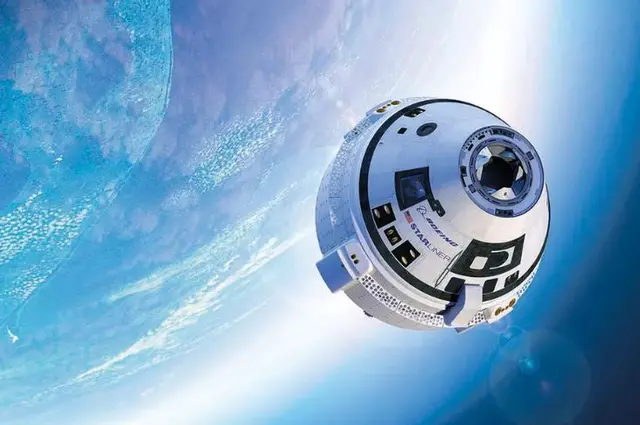U.S. president Obama on Wednesday canceled next month’s Moscow summit meeting, while Russian and Chinese leaders exchange more phone calls than either does with the US. It seems the relationship of Sino-American-Russian has reshaped.
"Following a careful review in July, we have reached the conclusion that there is not enough recent progress in our bilateral agenda with Russia to hold a U.S.-Russia summit in early September," the White House said in a statement Wednesday.
In the meantime, Dimitri Simes, president of the Center for the National Interest, a Washington think-tank, said, "These days, Russian and Chinese leaders exchange more phone calls than either does with the US."
According to Financial Times, one unintended consequence of Obama administration’s approach could be to push Russia and China closer together in ways that will not be helpful to US interests.
US officials insist that the Russian decision to award asylum to Edward Snowden, the former National Security Agency contractor responsible for leaking some of Washington’s most closely held secrets, was not the only reason for the cancellation of the September summit in Moscow.
"Obama canceled a scheduled meeting with Putin, is a rare and obvious protest, reflecting on Snowdon snubbed the event to bring new damage US-Russian relations. This announcement also marks Obama more than a year to try to establish cooperation with Putin's efforts wiped out. " according to Washington Post.
"We weren’t going to have a summit for the sake of appearances, and there wasn’t an agenda that was ripe," said Benjamin J. Rhodes, the president’s deputy national security adviser.
According to New York Times, this is since the end of the Cold War, the U.S. President's visit to Russia has been published for the first time to cancel the trip, which could further undermine the US-Russian relationship on the cold.
Geopolitical shifts are also pushing them closer together. The US “pivot towards Asia has encouraged China to foster its ties with Moscow, while slowing energy demand in Europe and the US shale gas revolution is forcing Russia to look for more Asian energy customers. Mr Putin’s first overseas visit on his return to the presidency was to Beijing, while Mr Xi’s first was to Moscow.
In the Snowden incident, China has chosen the 'non-intervention' approach, it now appears, the result is better than 'active shelter'.
The competition between China and the US is key to 21st century international relations. But China's strength still lags far behind that of the US. According to Global Times, China is not willing to engage in a head-on confrontation with the US, but it has already had the ability to unite with those who can restrict the US' abuses of power. We did not confront the US directly, and this serves the long-term interests of China's diplomacy.
Fyodor Lukyanov, chief editor of the Moscow-based journal Russia in Global Affairs, said that “Russia’s future dilemma will be how to live in a world where China and the US are stronger and more important than Russia but Russia has to stay in between them.
“Russia is certainly pivoting towards China, he added. “In the case of a real deterioration of US-Russia relations, Russia will have no choice but to lean more towards China.
 简体中文
简体中文

